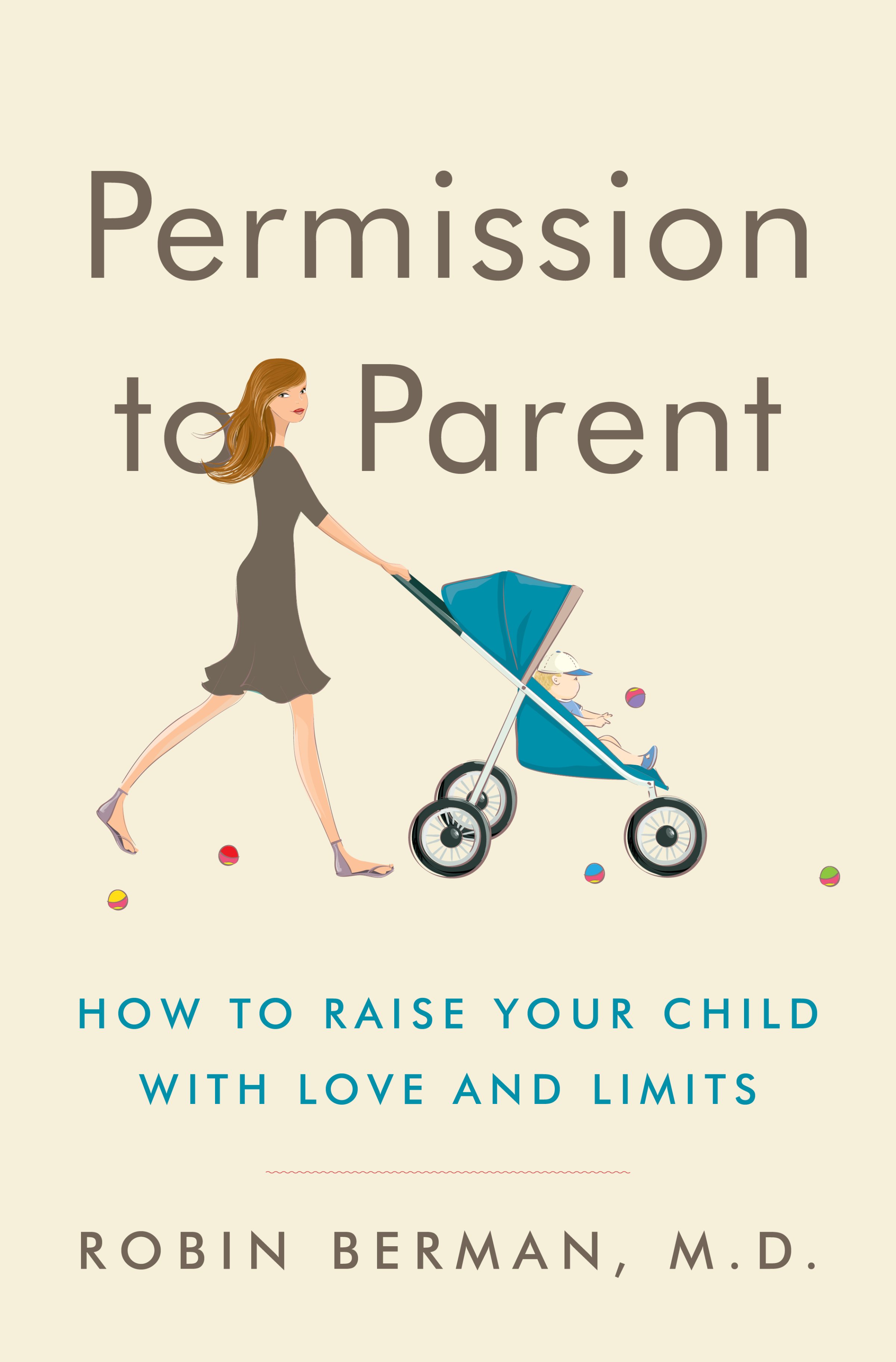
At a toy store, I witnessed a common but ludicrous dynamic; a 4-year-old child was emotionally bullying his mother. The helpless mom repeatedly explained to her son that he was not getting a present because it was not his birthday – they were there to buy his friend a present. It was exhausting watching her quickly lose ground. The more the mother talked and explained, the more her little boy screamed, reaching a crescendo with a full-blown kicking and earsplitting tantrum on the floor. The scene upstaged the shoppers, and I was struck by how powerless the mother looked as she was taken down by her 4 year old.
It used to be that kids were scared of their parents and now parents seem scared of their kids. The pendulum has swung from children being seen and not heard to being heard and perpetually indulged. Parents seem so uncomfortable with setting limits and taking their rightful position as captain of the family ship. Their hearts are in the right place; they want to be more attentive to their kids’ needs than their parents had been to theirs. But we have over corrected, turning into a generation of “parent pleasers,” rarely saying no for fear of hurting our children’s feelings. And as a result, putting a child to bed or leaving a toy store becomes an ordeal.
It is unsafe for a child to have that much power; kids today are more demanding and more anxious. When parents are skittish about asserting their parental authority, too often kids learn that “no” means “maybe.” That gives kids wiggle room to keep negotiating, throwing fits and emotionally bullying their parents. This reinforces the bad behavior and fuels the notion that the louder they whine, the more they get. Push fast forward on a child who consistently throws tantrums and gets his way. What teacher would want to teach him, what employer would hire him, and who would want to date him?
We have to be able to tolerate our children’s stormy emotions without rushing in to fix them or we are unintentionally crippling our kids. We are trying to grow resilient kids, not fragile, entitled ones. Buying another child a present teaches your child about doing for others, and that the world does not revolve around him. What great life lessons!
Let’s remind ourselves that discipline actually means to teach, not to punish or shame, and that setting loving limits will help raise a thriving child. We can acknowledge and empathize with our children’s feelings but still hold the line: “I know you want a new toy, but we are not buying you one today.” Period. And if the child continues to have a tantrum, you have to leave the store. You need to do what is right for your children, even if it means tolerating a brief drop in your popularity polls. You are the one with experience and perspective – a perspective that children just don’t have. Your job is not to please your child; your job is to parent your child. We have to be able to hold a loving space for our child’s anger or hurt feelings while staying the course.
So how did the toy store debacle end? The mom, drained and exhausted by her child’s tantrum was at the register, purchasing two toys – not realizing that the real gift would have been saying no!
Robin Berman, MD, is a mother, psychiatrist, associate professor at UCLA and author of Permission to Parent: How to Raise Your Child with Love & Limits.
More Must-Reads from TIME
- Inside Elon Musk’s War on Washington
- Meet the 2025 Women of the Year
- The Harsh Truth About Disability Inclusion
- Why Do More Young Adults Have Cancer?
- Colman Domingo Leads With Radical Love
- How to Get Better at Doing Things Alone
- Cecily Strong on Goober the Clown
- Column: The Rise of America’s Broligarchy
Contact us at letters@time.com